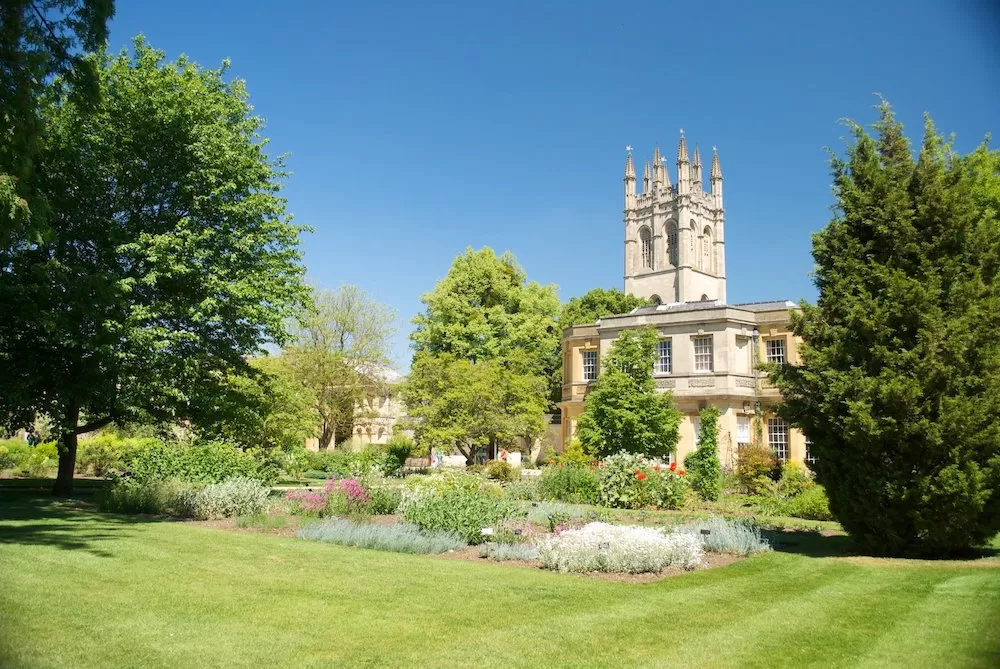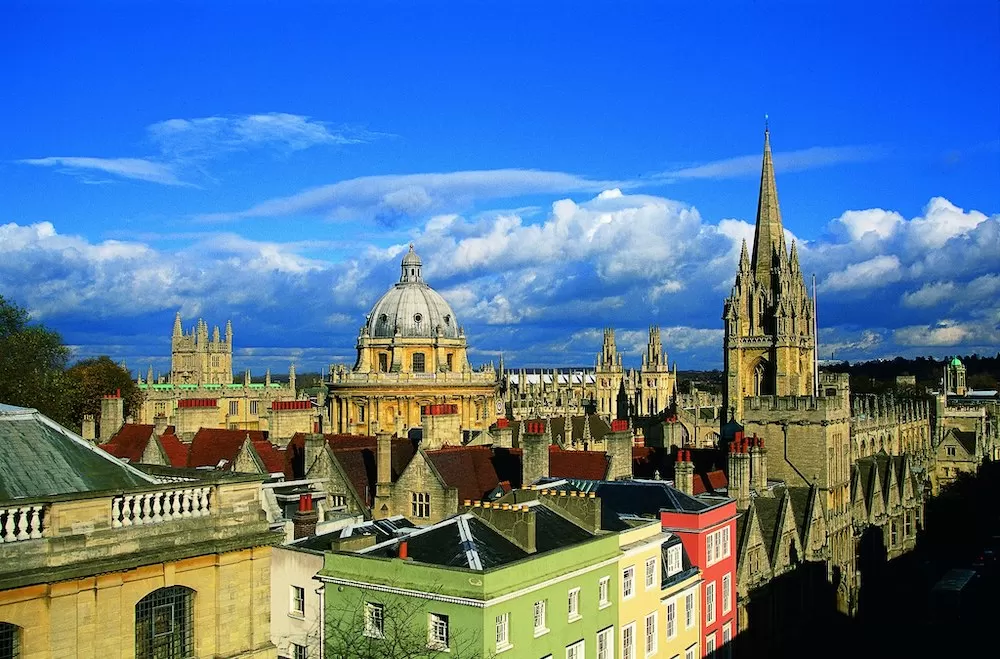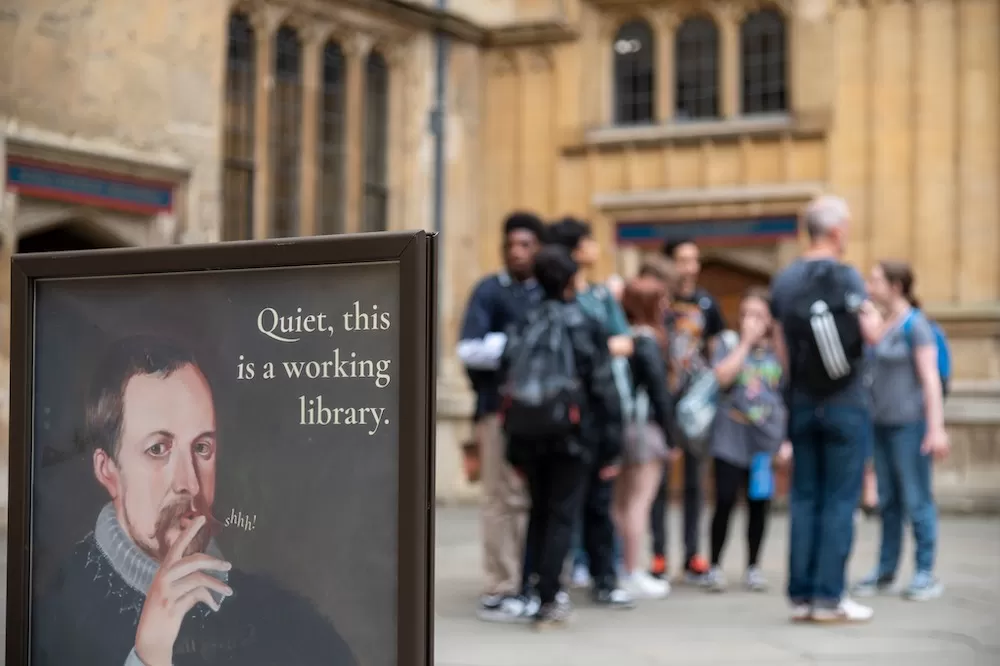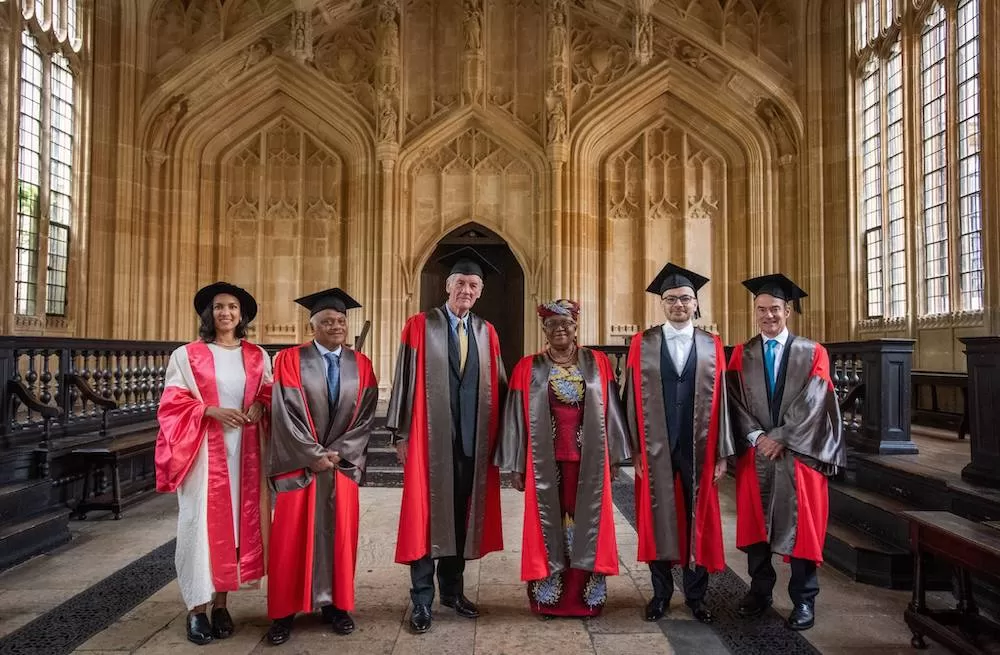Oxford University currently ranks as the top university of the world. Located in its own namesake university town, it's the pinnacle of global academia. Influential politicians, revolutionary scholars, legendary authors, and iconic artists have graduated here. They, alongside the school's own centuries-long history, have cultivated an indelible legacy in education and beyond. Getting accepted into this university alone means a lot, and perhaps you're interested yourself. If you are, it's worth learning more about this prestigious higher educational institution. From its history to its finest programs, here's what you need to know about Oxford University.
Source: University of Oxford Facebook Page
History of Oxford University
Oxford University's history is as mysterious as its storied halls. Though its official establishment was in the year 1096, its true beginning remains unknown. It's only that formal teaching in the institution began in 1096. Nevertheless, it didn't take long after that when the university began operating as one. When English students returned from the University of Paris in 1167, they adopted the same sort of educational structure they experienced in the French capital. 1857 was another notable year for Oxford. This was when it passed a statute that finally allowed women to study here.
What Does Oxford University Look Like?
Oxford University is located in Oxford, England, a fairly vibrant town just west of
London. The place itself exudes such old-world appeal, it's an entire tourist spot in and of itself. Even if they're not interested in studying at the university, you can expect several tourists to explore this historic town. You can’t really blame them when the campus itself is also a sight to behold. Filled with Baroque and Gothic buildings, each more imposing than the next, the entire school is a feast for the eyes. Its iconic Radcliffe Camera can easily rival the grand churches in Rome.
Source: University of Oxford Facebook Page
The Oxford University Student Body
As the most
prestigious university near London, even on the planet, Oxford University draws a lot of students from all around the UK and the rest of the world. But since it's an exclusive school with almost impossibly high standards, it only accepts about 17.5% of all its applicants. Hence, the school only welcomes about 26,000 enrollees per year, including both new applicants and returning students. About 12,500 of them are undergraduates while almost 13,500 of them are postgraduates. As for its international students, they make up a third of the student body.
Oxford University's Best Programs and Courses
Oxford University is best known for its Humanities, Medical Sciences, Mathematical Sciences, and Social Sciences departments. Though you could say that practically any program has its own level of prestige considering it's in Oxford, these four are the ones that have further helped the university rank first in the world. Among its undergraduate courses, the best include Law, Philosophy, Politics, & Economics (PPE), Engineering Science, Mathematics, Biochemistry, Biology, History, and History & Economics, among many others. Then there are the finest postgraduate programs, which range from Ancient History and Anthropology to Earth Sciences and Economic & Social History.
Source: University of Oxford Facebook Page
Oxford University’s Prerequisites
As far as prerequisites go, Oxford University simply needs the standard requirements. This means at least a high school diploma for undergraduate applicants and a Bachelor's Degree in any related field for postgraduate applicants. What separates these from those of other schools, however, is the standard. Oxford University requires no less than A-level grades in almost all of its academic programs. You don't just need high grades to get accepted here. You need to have among the highest grades in your class! Some courses also require taking entrance exams, well-curated portfolios, and application essays.
How Much Does It Cost to Study at Oxford University?
As the world's top university, is it expensive to study in Oxford? Yes, it is. UK citizen undergraduate students, for instance, will have to pay £9,250.00 per year, no matter their course. Non-UK and non-EU enrollees, on the other hand, have to pay overseas fees on top of their tuition. Their total university costs range from around £33,050.00 and £48,620.00 per year. While these aren't the most expensive tuition fees in the world, they're still high in the whole grand scheme of things. Even more so if you live and have to contend with the high
living costs in London.
Source: University of Oxford Facebook Page
Where is Oxford University in England?
As already mentioned, Oxford University is located in Oxford Town in England. Though it's not too far from the
central neighborhoods of London, it is its own city with vibrant energy and about 163,000 in its population. The town's old-world appeal will easily enchant you, from the cobbled streets to the timbered houses. Hence, Oxford's tourism is among the best in the country. As for its real estate, the place also has a lot of great rentals. They may not be like the
luxury apartments in London, but they're clean and comfy enough for a pleasant university experience.
Oxford University's Famous Graduates
Oxford University alumni list reads like a who's who of the most prominent figures in world history. In politics alone, the school has produced countless UK prime ministers, including William Gladstone, Margaret Thatcher, Tony Blair, David Cameron, Boris Johnson, Theresa May, Rishi Sunak, and Keir Starmer, among many others. Outside of Great Britain, many other world leaders also graduated here. They include former US President Bill Clinton, King Abdullah II of Jordan, former Australian Prime Minister Tony Abbott, and former State Counsellor of Myanmar Aung San Suu Kyi. Don't forget about celebrities too. Legendary author J.R.R. Tolkien and actors Rowan Atkinson, Hugh Grant, and Rosamund Pike all studied here.
Source: University of Oxford Facebook Page
Oxford University currently ranks as the top university in the world. Its prestige extends beyond the UK, with countless scholars applying and working hard just to get accepted here. The school has produced several influential figures, after all.




